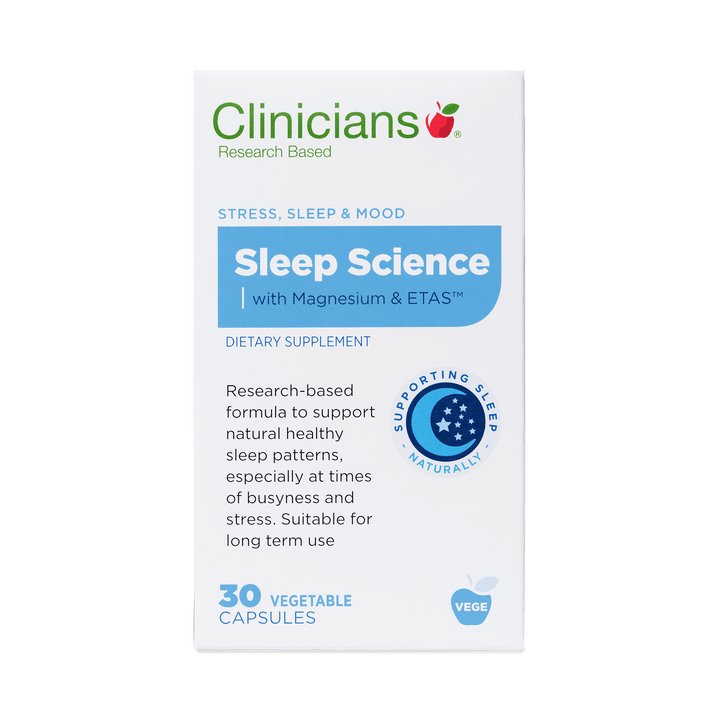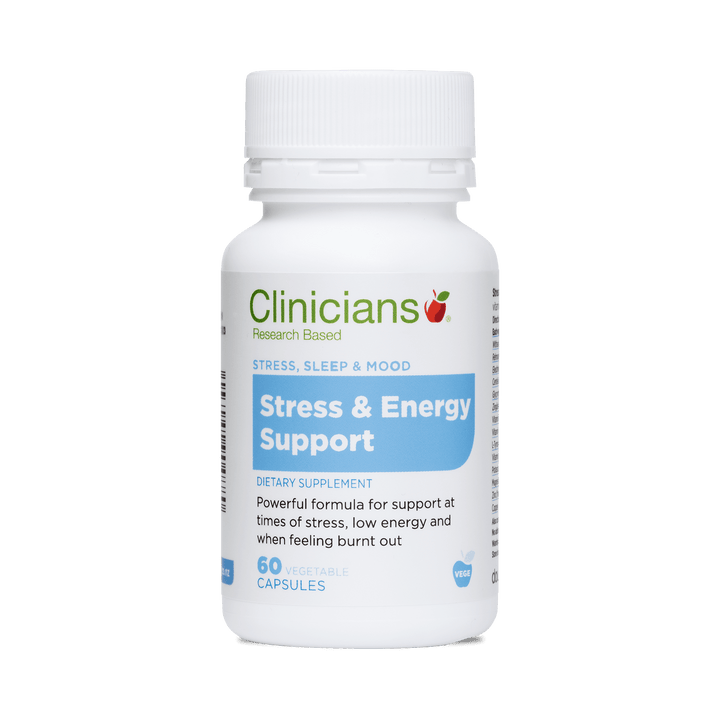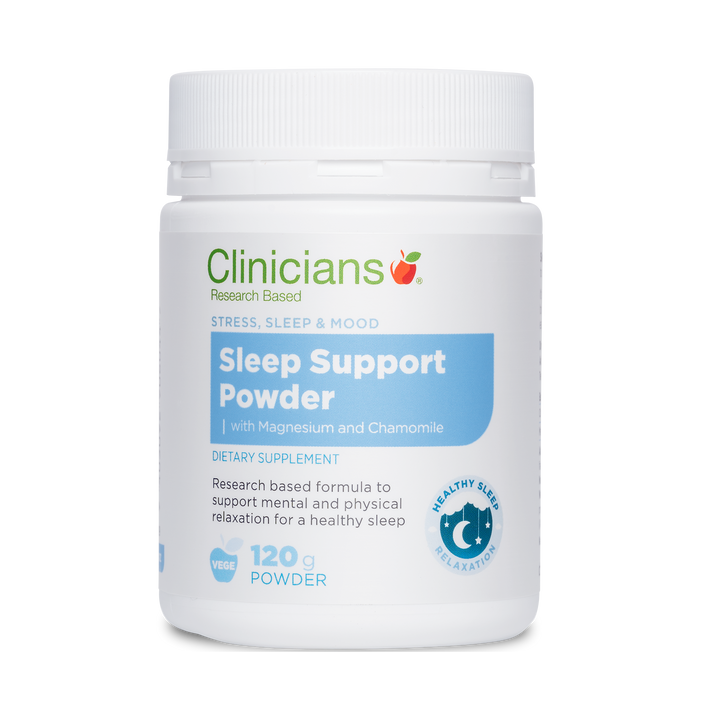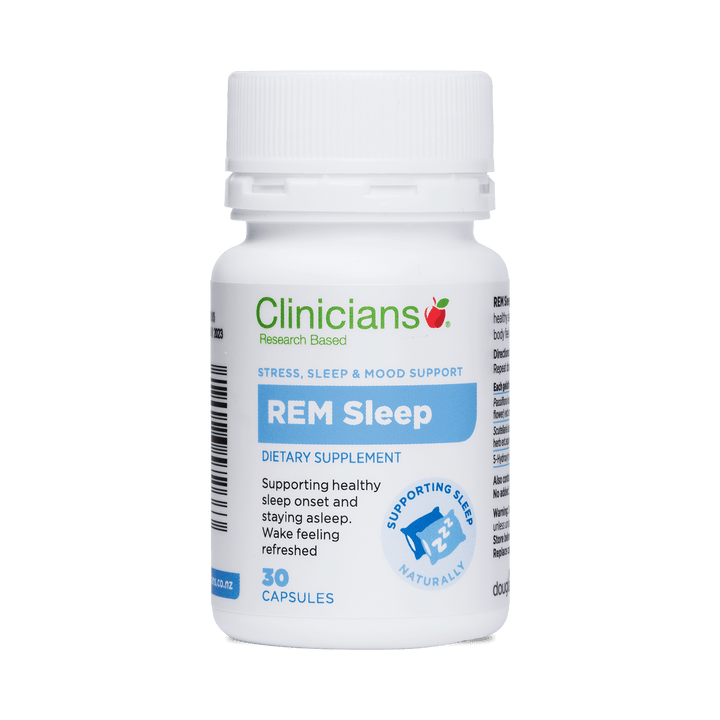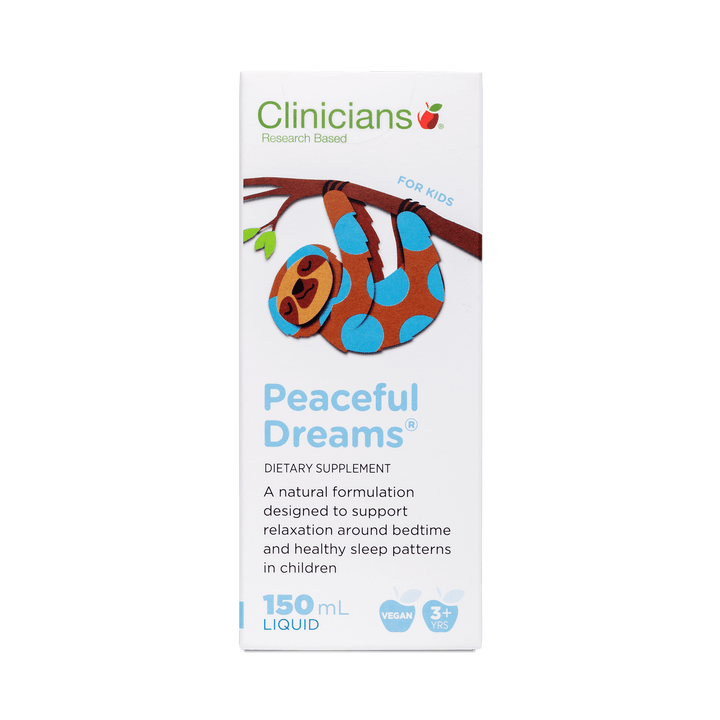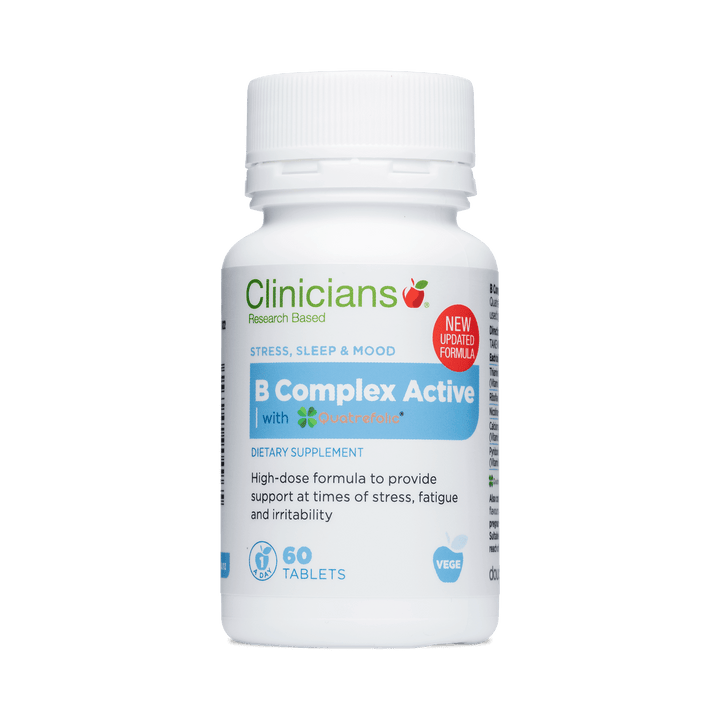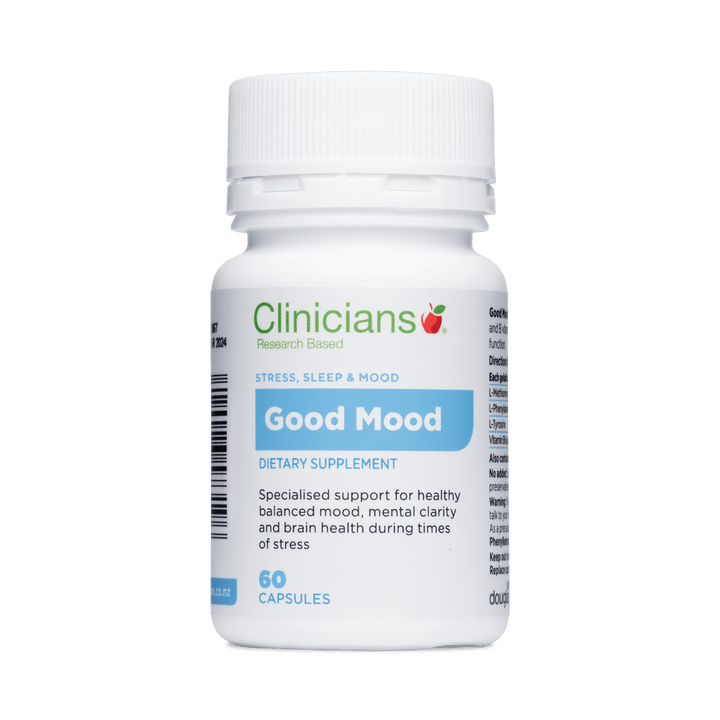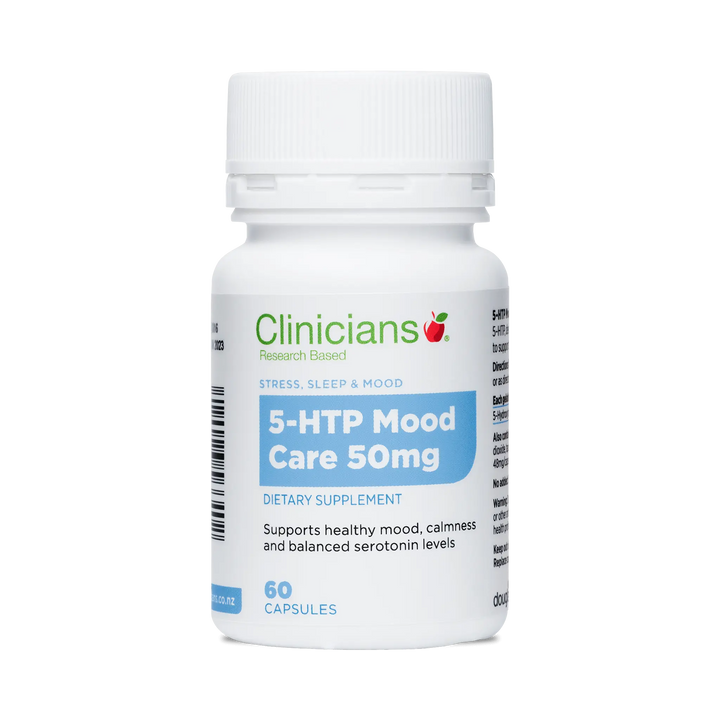Many people feel their body clock is out of sync – you might even be one of them. So, let's look at some ways to get your sleep/wake cycle back on track.
Our sleep/wake cycle is one of the most primitive functions in the body and is so simple. When it’s light we wake up and when it’s dark we go to sleep. However, in recent years many people are finding this simple body clock function is out of sync. This can result in issues such as:
- Struggling to get to sleep
- Waking in the night
- Poor quality sleep
- Waking in the morning feeling unrefreshed
- Daytime fatigue
How does our body clock work?
To understand how to reset our body clock, we need to know how our body works. Here is what goes on night and day.
Day time activities
- In the morning, the light causes our brain to release a chemical called cortisol, which causes us to be awake and alert.
- Cortisol peaks around 9am and then gradually declines as the day goes on.
Nighttime activities
- In the evening as it starts to get dark our brain starts the release of melatonin. This helps us feel calm and relaxed and have healthy sleep patterns.
- As we get to the early hours' melatonin levels naturally decrease ready for us to wake up.
This seems simple enough, so what’s going wrong?
There are lots of reasons why people suffer from sleep issues, but as many of us spend so much time indoors we have lost that natural connection with the world and light and dark. So here are some simple tips to help you reconnect to the world to support better sleep and daytime energy.
Reset your body clock by day
- Light up your day - When you wake, open the curtains and let the light in or switch on the lights if it’s still dark.
- Get a light alarm clock – These are alarm clocks that increase light in the room to simulate sunrise, which supports our body with the production of our waking up chemical, cortisol. These are great in winter when we need to get up and it’s still dark. They are often used by people who experience low moods in winter.
- Go outside - For our body to get the contrast between night and day we need to go out in the sunlight. Even a short walk in the daylight for 20 minutes will help switch your brain chemicals on.
Reset your body clock at night
- Ban the blue light - Blue light is one of the colours of light that comes from sunlight. However, it is also produced by our devices such as the TV, computer monitors and phones. This means when we use our devices at night it is confusing for our brain. It gives it the impression that it is still daytime and so can interfere with its natural melatonin production. Turn devices off at least an hour before bed. Not only because of blue light but also because they stimulate the brain and stop you from relaxing.
- Keep light relaxing - Dim the lighting in your house in the evenings so the brain gets the message that it’s nighttime and time to rest and sleep. In the bedroom avoid LED alarm clocks or glowing phones next to the bed.
Are there any nutrients that support our body clock chemicals?
As with any of the processes in the body, there are always a bunch of nutrients needed to make our hormones. The same is true for cortisol and melatonin. Here are some of the key herbs and nutrients that can affect their levels.
Vitamin C
This vitamin is so essential for cortisol production, that is stored in the adrenal glands, where cortisol is made. At times of stress, cortisol is produced as part of the fight or flight mechanism. This means that extra Vitamin C might be needed. Top up on your high Vitamin C containing fruit and vegetables such as:
- Citrus fruit
- Berries - e.g. blueberries, strawberries
- Greens
- Brassica family - e.g. broccoli, Brussels sprouts, cabbage, cauliflower
- Capsicum
Adrenal tonics
Since the adrenal glands are the key organs used to create cortisol, taking care of them should be a priority. There are two key herbs that can help support adrenal health and the production of cortisol. Both have been used in Traditional Chinese Medicine and Western Medicine and they are known as adrenal tonics. The first is Licorice root (not so much the stuff you get at the dairy that is mostly sugar) and the other is Rehmannia. They can be particularly helpful if you are feeling burnt out and have low daytime energy or when recovering from illness.
Balancing cortisol
At times when we are continuously stressed, we can produce too much cortisol. This means we can feel over-alert and wired. This can also mean that cortisol does not gently decline during the day and can peak at different times, which may lead to sleep issues. Either getting to sleep or waking alert in the night.
To balance cortisol at times of stress we can use herbs that are classified as "adaptogens". they help the body adapt to stress and balance cortisol levels. Some examples of these herbs include:
- Rhodiola
- Withania
- Siberian ginseng
- Bacopa
- Schisandra
- Gotu kola
- Shatavari
Amino acids for melatonin levels
All our hormones are made from amino acids, which are the small components that make up proteins. This means we should make sure our diet is rich in protein based foods, to provide the basic ingredients for making melatonin. This includes:
- Animal products - meat, eggs and dairy foods
- Fish and shellfish
- Legumes such as lentils, peas, chickpeas, beans and soybeans
- Nuts and seeds
In particular, two amino acids are essential to make melatonin. L-Tryptophan is found in milk products, turkey and chicken, tuna, bananas and nuts. This converts into 5-HTP and then to serotonin and melatonin. 5-HTP is also naturally sourced from the Griffonia simplicifolia seed.
Magnesium
This mineral is used in over 300 processes in the body that make things happen. One of these is helping with the conversion of our amino acids into melatonin. Magnesium is often shed from our cells at times of high stress, which may affect our deep sleep. If you are low on magnesium you might also notice that as well as not sleeping, you may have twitchy legs. Great sources of magnesium include:
- Nuts and seeds - especially pumpkin seeds, peanuts and almonds
- Green leafy vegetables
- Dark chocolate
- Avocado
- Legumes - peas, beans, tofu
- Bananas
Need more support with your sleep?
- If you've already tried the suggestions in this article and haven't seen an improvement, it's a good idea to check in with your health practitioner.
- Looking for supplements to support sleep? There are a few to choose from. If you're not sure which one is right for you, book a free appointment with one of our Naturopaths.
Featured image: pexels.com / Miriam Alonso


